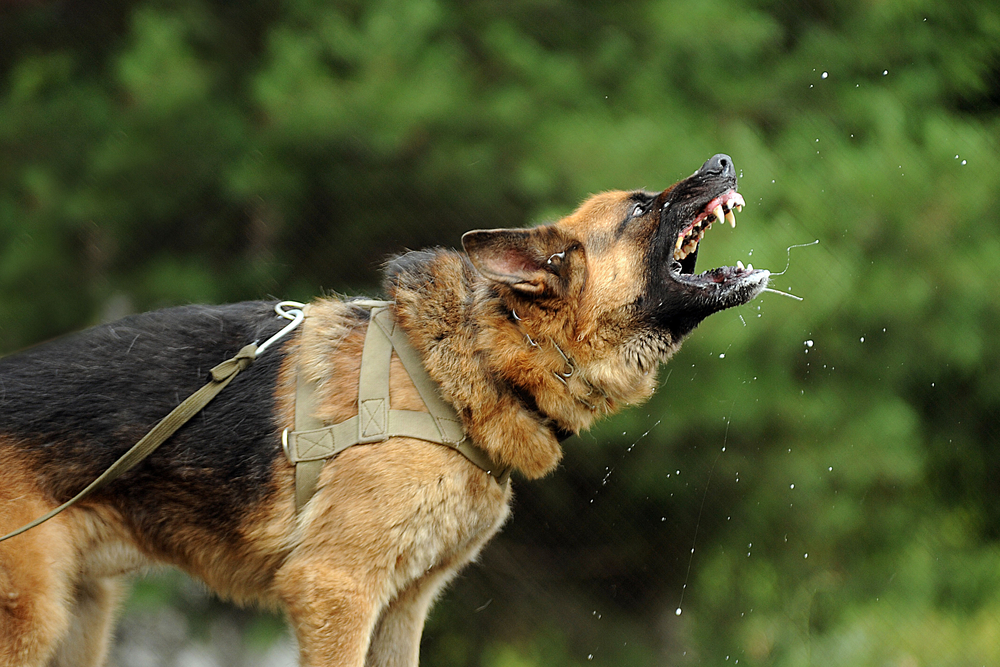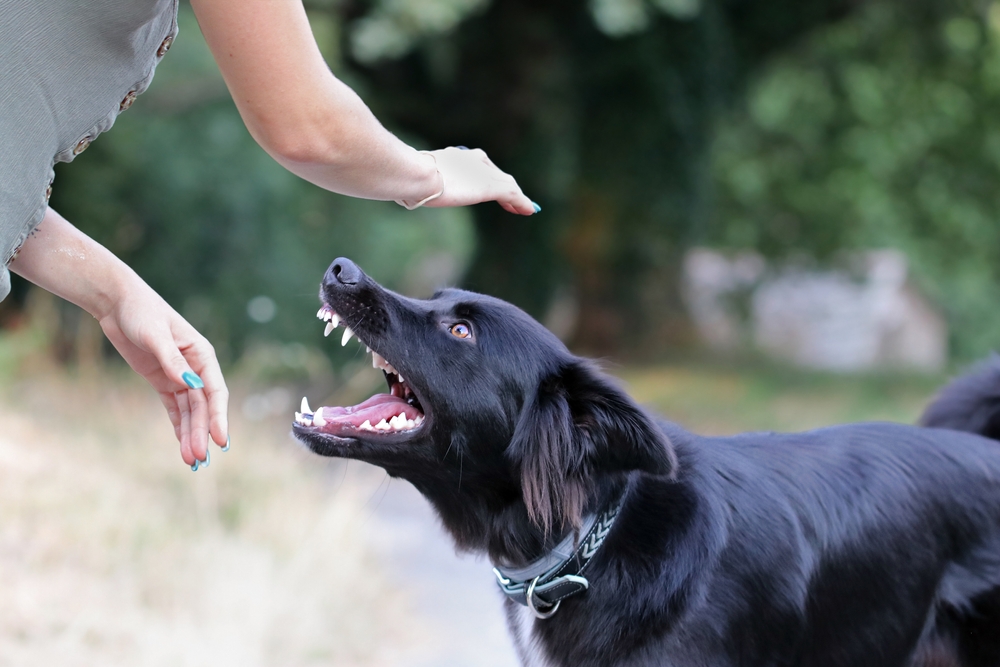When it comes to personal injury cases in Texas, including dog bite incidents, Amanda Demanda Injury Lawyers stands out as a dedicated and experienced firm. Specializing in helping clients navigate the complex legal challenges associated with liability in dog bite cases, Amanda Demanda Injury Lawyers is committed to offering personalized legal guidance.
Our goal is to ensure that injury victims receive fair compensation for their suffering, medical expenses, and emotional distress.
Understanding the intricacies of Texas dog bite liability is essential for achieving just outcomes, and Amanda Demanda Injury Lawyers can provide the expertise and support needed to navigate these legal waters.

Common Causes of Dog Bites
Dog bites can occur under a variety of circumstances, often stemming from situations that might seem benign at first glance. Understanding the common causes of dog bites can help in both preventing such incidents and addressing them when they occur. Some of the most frequent causes include:
- Provocation: Dogs may bite when they feel threatened or provoked. This can happen if someone teases, hits, or otherwise antagonizes the dog, even unintentionally.
- Fear or Anxiety: Dogs can become fearful or anxious due to unfamiliar surroundings, loud noises, or the presence of strangers. In such states, they may bite as a defensive reaction.
- Protective Instincts: Dogs often bite to protect their owners, territory, or possessions. This can include their home, yard, toys, or even their food.
- Lack of Socialization: Dogs that have not been properly socialized may react aggressively to new people or other animals. Socialization helps dogs learn how to interact appropriately in various situations.
- Pain or Illness: A dog in pain or suffering from an illness may bite when touched, even if the touch is gentle and well-intentioned. This is often a reflexive action to avoid further pain.
- Play Behavior: Sometimes, dogs bite during play. While these bites might not be intended to cause harm, they can still result in injuries, especially if the dog is large or the play is too rough.
Importance of Understanding Legal Liability in a Dog Attack
Understanding legal liability in dog bite cases is crucial for victims and owners. Legal liability determines who is responsible for the injuries and the extent of compensation that the victim is entitled to receive. Here are key reasons why understanding legal liability is important:
- Victim Compensation: For victims, knowing the legal framework helps in seeking appropriate compensation for medical bills, lost wages, pain and suffering, and other related expenses. Without a clear understanding of liability, victims may struggle to obtain the justice they deserve.
- Owner Responsibility: For dog owners, understanding legal liability helps in taking preventive measures to avoid incidents that could lead to legal consequences. This includes proper training, socialization, and supervision of their pets.
- Legal Defenses: Both victims and dog owners can benefit from understanding potential legal defenses. For example, if a victim provoked the dog or was trespassing, the owner might have a valid defense against liability. Conversely, victims need to be aware of these defenses to prepare a robust case.
- Preventive Measures: Knowledge of legal liability encourages responsible pet ownership and community awareness. Owners who are aware of the legal implications of a dog bite are more likely to take steps to prevent such incidents, thereby reducing the overall number of dog bites.
Amanda Demanda Injury Lawyers is committed to helping clients understand these complexities and navigate the legal landscape effectively. By offering personalized legal guidance, our firm ensures that victims are well-informed and prepared to handle the legal challenges that arise from dog bite incidents. This comprehensive approach not only aids in achieving fair compensation but also promotes responsible pet ownership and community safety.
The “One Bite” Rule
Texas follows the “one bite” rule, which is a common law principle. Under this rule, a dog owner may be held liable for a dog bite if they knew or should have known that their dog had dangerous propensities. This often means that if a dog has bitten someone before or has shown aggressive behavior, the owner knows that the dog may be dangerous, and they can be held liable for subsequent bites.
Determining Legal Responsibility for a Dog Bite
In dog bite cases, determining liability involves examining various factors that contribute to the incident. Understanding these factors is essential for establishing who is responsible and ensuring that victims receive fair compensation.
Owner Responsibilities
Dog owners have a responsibility to maintain control over their pets at all times. This includes using leashes in public spaces, ensuring the dog is properly secured within their property, and supervising interactions with other people and animals. Failure to do so can result in the owner being held liable for any injuries caused by their dog.
Owners are expected to properly train and socialize their dogs to prevent aggressive behavior. A well-socialized dog is less likely to react aggressively in unfamiliar situations. If an owner neglects these responsibilities, they may be deemed liable for any resulting harm.
Owners should be aware of their dog’s behavior and take appropriate measures if the dog shows signs of aggression. This may include posting warning signs on their property or muzzling the dog in public. Ignoring such signs can increase the owner’s liability.
Circumstances of the Incident
The location where the bite occurred plays a role in determining liability. For instance, if the bite happened on the owner’s property and the victim was trespassing, the owner might not be held liable. Conversely, if the bite occurred in a public space or while the dog was off-leash in an area where leashes are required, the owner is more likely to be held responsible.
Additionally, the actions of the victim at the time of the incident are also critical. If the victim provoked the dog, ignored warning signs, or was unlawfully on the property, their actions might reduce or eliminate the owner’s liability. In such cases, the concept of comparative negligence may apply, where the victim’s compensation is reduced based on their share of fault.
The dog’s history of behavior is another important factor. If the dog has a known history of aggression or previous bite incidents, the owner’s liability may increase. However, under strict liability laws in some states, such as Florida, the owner can be held liable regardless of the dog’s prior behavior.
The Importance of Understanding Liability
Understanding the factors that determine liability is crucial for both victims. It provides clarity on their rights and the potential for compensation.
Amanda Demanda Injury Lawyers is dedicated to helping clients navigate these complexities. By offering personalized legal guidance, our firm ensures that victims understand their rights and responsibilities, ultimately aiming to achieve fair and just outcomes in dog bite cases. If you or a loved one has been involved in a dog bite, contact us online or call 1-844-DEMADNA right away.
Back to Blog





